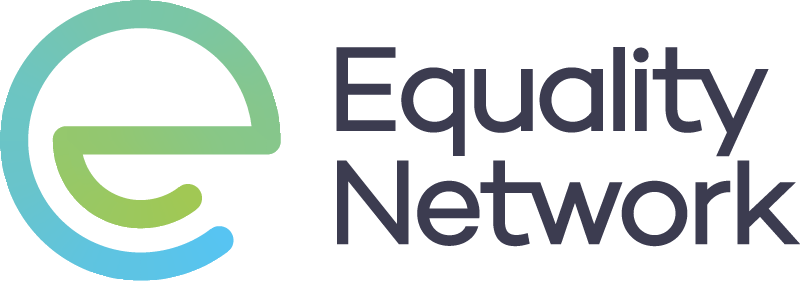
Conclusion
Our families and kinship networks need to be supported and included. It is important that LGBTI+ people are recognised in all aspects of public, private, and social life. Our support structures and kinship networks must be factored into the design of services, and social and public spaces. This is of particular importance when it comes to schools, healthcare, and access to our loved ones when in mental health and/or care settings. It is equally important when designing social spaces within geographical communities.
LGBTI+ inclusive, and LGBTI+ specific spaces and places, are paramount to maintaining our wellbeing and gaining access to communities that support us. Where many LGBTI+ people do not have biological families to rely on, it is important that we are afforded the opportunity to build networks in safe and supportive spaces.
To thrive, people need to be able to access others who understand their experiences and there should be no barriers to individuals building networks of support and kinship.
Throughout history, LGBTI+ people have endeavoured to find, create, and sustain spaces where they can be accepted and recognised as their whole self, and where there is no need to fragment or fracture this. LGBTI+ people have always faced barriers in doing this. It is imperative that now, LGBTI+ people are not only afforded the spaces in which to do this safely, but are able to have their families recognised as such.
LGBTI+ people are facing a backlash against who we are, our families, our diversity, and our community. Decision makers must seek to understand where we are being let down in relation to our interactions as chosen and created families, and where there are opportunities to support and resource. People within the community are isolated and are struggling to get by. This has implications in relation to healthcare and mental health services, poverty, the cost-of-living crisis, jobs, supporting our families, benefits assessments, interactions with schools, and access to social spaces.
As we have described in our Supporting People resource[22], the LGBTI+ community has often held itself up. Members of our community carry the burden of supporting each other. They do so while facing a rise in anti-LGBTI+ rhetoric and a lack of equalities-competent services. This is leading to burn out, compassion fatigue, and poor mental health. It is massively affected by living within structures that do not enable us to be who we are and affirmed in all aspects of public life. If the family, support, and kinship networks that we create were properly recognised, accepted, encouraged, and resourced, this would go some way in protecting our communities from further harm.
There are opportunities for this recognition in legislative and public life. This includes:
- Decision makers hearing and taking action based on the lived experiences of those with diverse kinship structures
- Properly recognising diverse families and supporting these when speaking with health professionals, reproductive health services, when dealing with mental health services, when dealing with the police, the benefits system and with schools
- Government guidelines recognising that families are more diverse, and structures of support go far beyond cis-heteronormative mixed sex families with children within one home – life may be made easier for all with this understanding
- Recognising that people rely on the LGBTI+ community and their chosen family, and ensuring that there are structures and supports in place for community leaders.
Based on the responses given by survey participants, and the themes that emerged from those responses, it is clear that support networks for LGBTI+ people are vital and worthy of attention. Aspects of LGBTI+ support networks should be better considered in future research, reporting, and policy considerations.

